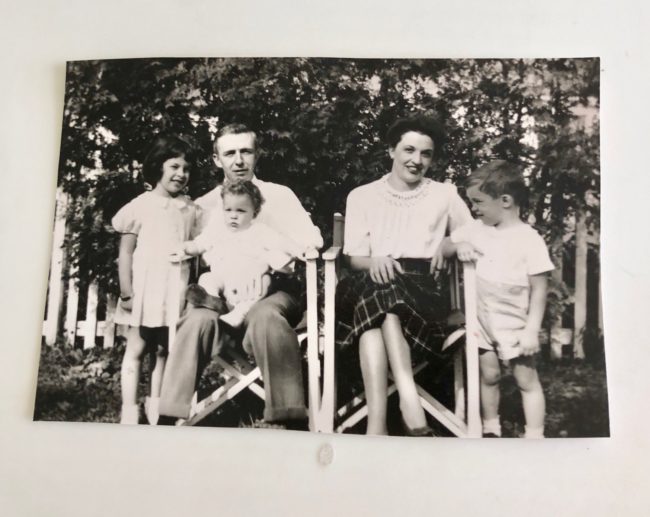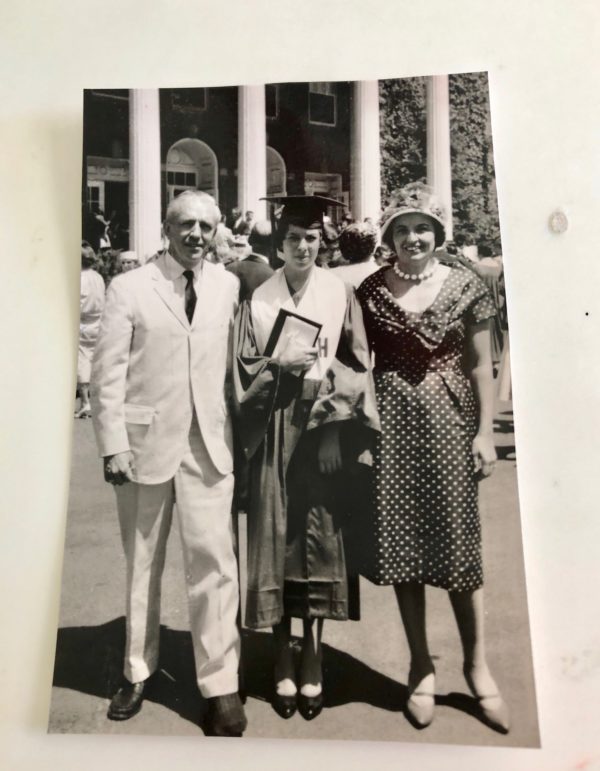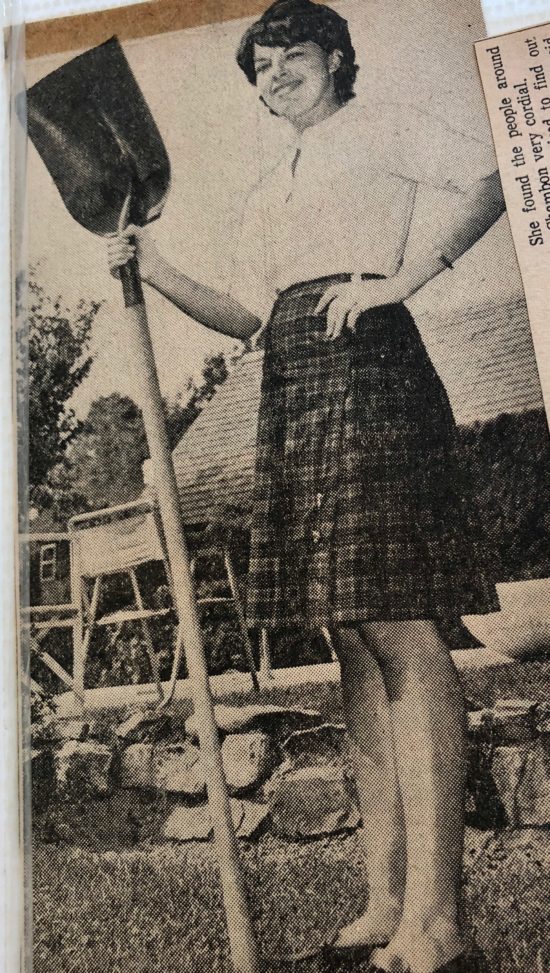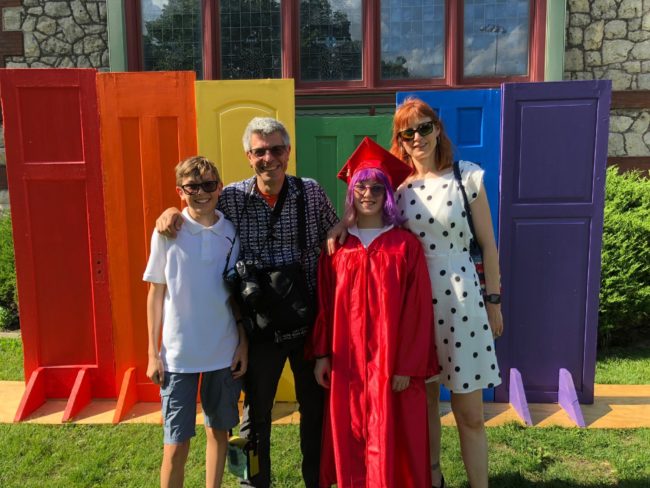Like most women I’ve spent endless hours analyzing my relationship with my mother, while giving only a passing nod to my relationship with father. With Father’s Day approaching it seems fitting to reflect on my father’s influence.
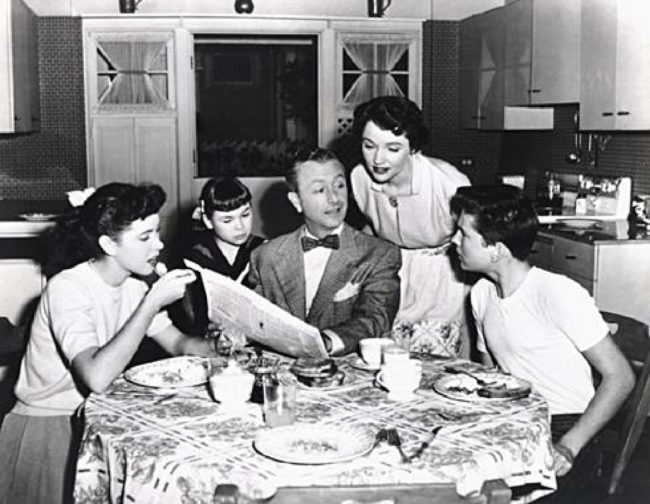
The popular ’50’s TV show, “Father Knows Best,” perpetuated the image of a family ruled by the father.
I grew up in the 1950’s when gender roles were strictly defined. My mother, like most women of the era, stayed at home, focusing on creating the perfect home and perfect children. My father was the breadwinner and king of the roost. We only saw him at dinner and on weekends, and even then his time was given over to catching up on office work or playing tennis.
My father was respected in our town for his work on behalf of community causes, but at home he exhibited a wild temper. The least little thing could set him off like not having chili sauce for his meatloaf, prompting him to bolt from the dining room table, slamming doors in his path.
While he loved my mother, he was a notorious womanizer. He competed intensely with my two younger brothers, hating to lose even a game of paddle tennis with them, but he had a soft spot for me, his only daughter.
I loved to read, spending summers with my nose in a book. Observing my love of books, Dad frequently passed along novels he thought I might like. I remember reading “The Tin Drum,” not fully comprehending it, yet afraid to admit this.
During my middle school years my father dispensed advice when I became an editor of the school paper or when I was preparing a speech. But he fell short when I performed in school plays, always too busy at work to attend my performances. I learned to be grateful for what fathering was doled out.
Our father-daughter connections occurred against a background where my father verbally abused my mother. As I grew older I defended my mother against my father. He had a habit of ridiculing her when she made an intelligent comment, saying, “Jane, you’re not as dumb as you look.” I would jump to my mother’s defense, protesting he shouldn’t demean her. In response my father would laugh and say, “I was only joking.”
On the plus side my father rewarded my adventuresome spirit. During my sophomore year of college I bugged him to spend a summer in Europe. He relented but on the condition that I make it an educational experience. He helped me track down a work camp in France. After I returned energized, the next year he offered to send me overseas again with the same stipulation: I had to be learning something. I joined up with a group of Oberlin students, attending a student East-West Peace seminar in Warsaw.
When I married right out of college my father acted as if my future would consist of raising a family. I had other dreams in mind, like graduate school. When I earned a full scholarship to Catholic University’s Social Work School, by way of a rare apology, my father confessed to misjudging me, accepting my idealistic desire to make a difference in the world.
I can track my bad choices in men to my father’s model. I married a womanizer, which was my father’s pattern. I was in a long-term relationship with a man who was verbally abusive. I’ve been single for a while not fully trusting my instincts when it comes to men.
While I don’t accept the ways my father made our family life stressful I’ve come to understand how his own unhappy childhood conditioned him. I’m pleased to see new generations of young fathers move from the sidelines into an active parenting role with their daughters and sons.
